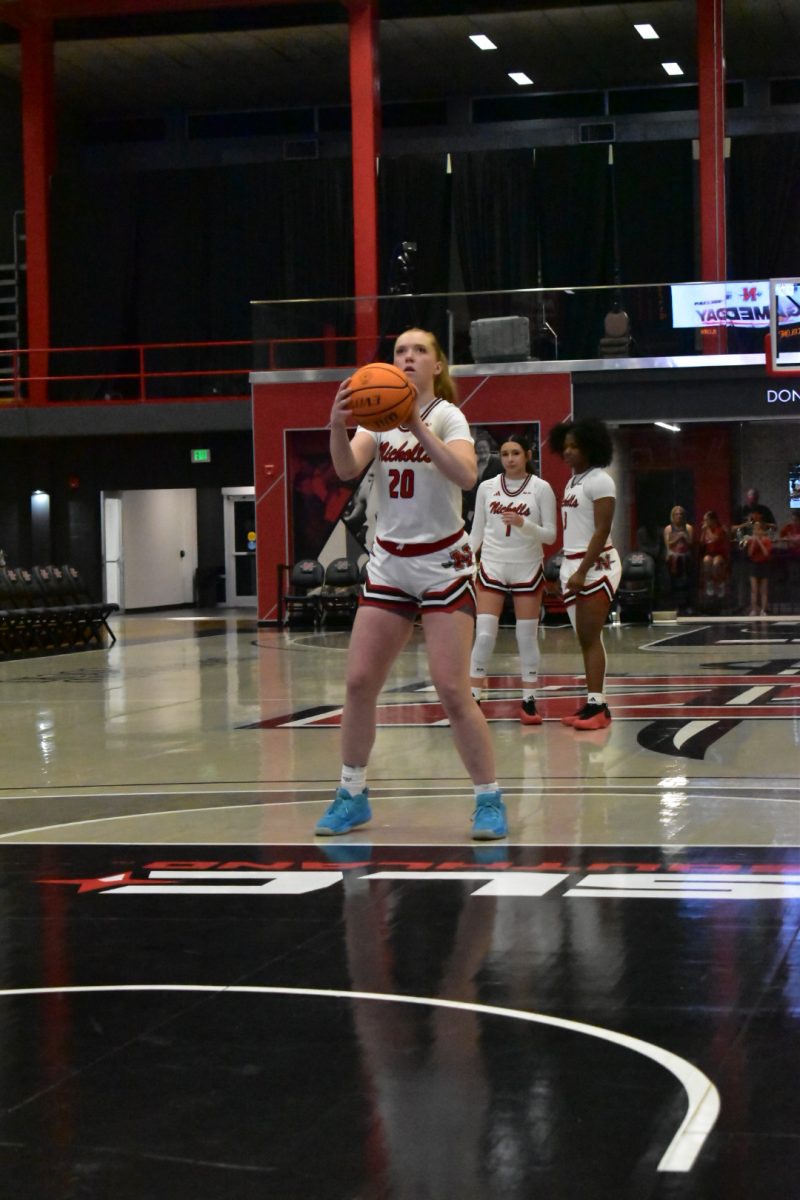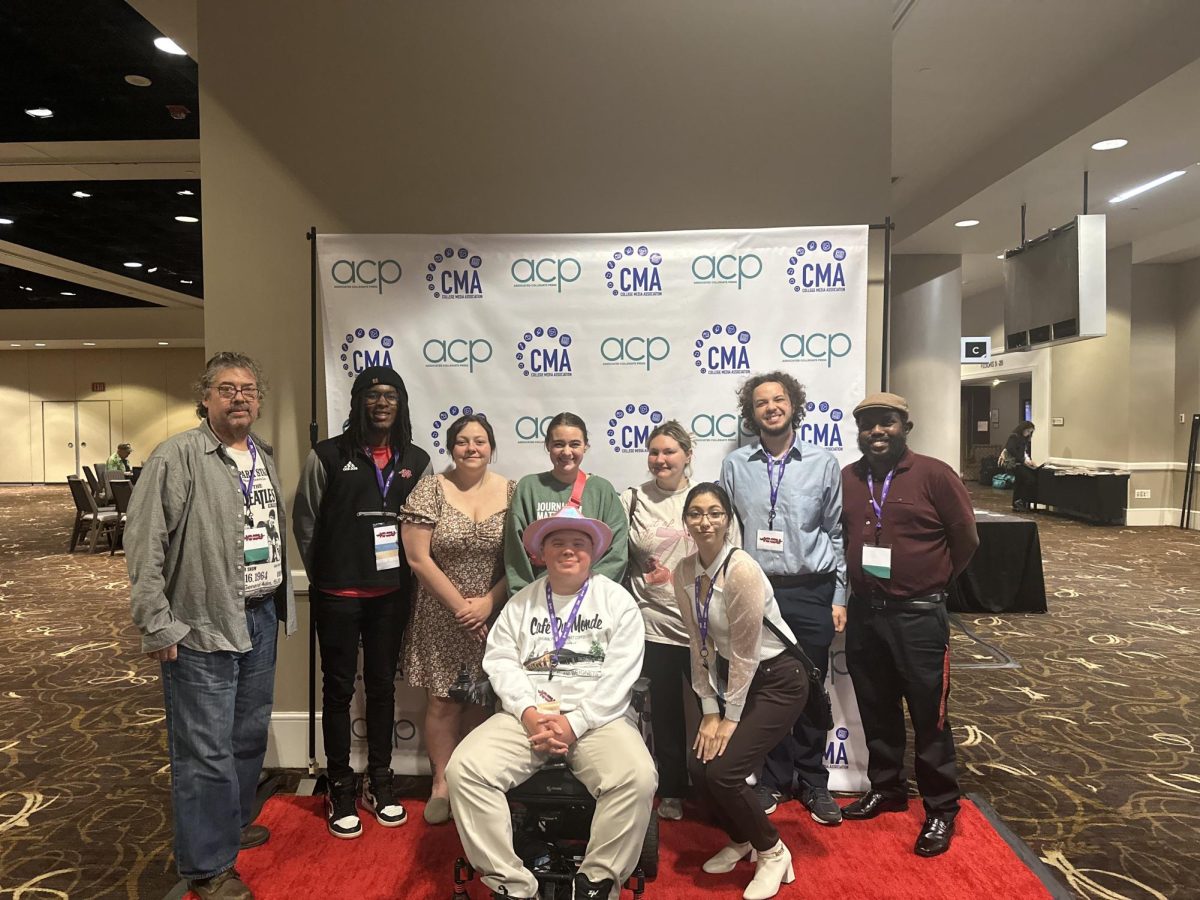The Nicholls Faculty Senate is now under the direction of president Betty Kleen, information systems professor, after Tim Lindsley, assistant professor of languages and literature, stepped down from his nine years of presidency.
In a recent Nicholls press release, Lindsley said, “I never intended to go on a nine-year run. I stayed on as president because I wanted the Faculty Senate to continue at a high standard. I’ll still be an active member of the Senate, and it’s in very good hands with Betty Kleen.”
Kleen conducted her first Senate meeting as president in June and continues to oversee the monthly executive meetings. Kleen is, however, not new to her post. She served as president for three years in the 1980s and has been a senate member ever since.
“This University has had a faculty senate in various forms since the 1970s,” Kleen said. “It has about a 30-year history up to this point, some years more influential than others.”
The faculty senate is the body that represents the Nicholls faculty as a whole. Those faculty members in the rank of instructor or higher are members of the faculty association. Members exclude deans and those in higher positions.
Each college that has a minimum number of full-time faculty members is an electing unit on the Senate. These colleges include junior division, arts and sciences, business, education, life sciences and technology as well as the library.
The main purpose of the Faculty Senate is to conduct itself as an advisory board. The Senate does not set policies; rather it makes recommendations to propose to the vice president of academic affairs.
“Our role is largely based on academics, of course,” Kleen said.
Presently the senate has three ad-hoc committees. One committee is focusing on changing proposals for summer school. Another is presently working with three student government association members to recommend a policy for “dead days.” Dead days are scheduled days off from school prior to final exams that would allow students time to study. The third committee is presently researching the diversity in curriculum and whether Nicholls is satisfying diversity needs.
Not only does the Faculty Senate meet at least seven times a year to discuss campus issues, the Senate also has a comment office in Peltier Hall. The office is open two afternoons a week, and a faculty senator is on-hand to hear faculty recommendations and concerns.
Though Kleen enjoys her role as president, she realizes that challenges are ahead of her.
“We have a lot of good folks on the senate that really care about the University and their colleagues,” Kleen said. “I think the challenges are getting the right topics on the agenda, making sure there are sufficient opportunities for study and debate and getting closure on certain things so we can send the recommendations forward.”
Kleen said, “I recognize that when people voted for me they were looking for someone that would have the interest of the faculty and the University at heart and would be willing to do the best to move us forward.”
Ellen Senate President steps down after nine years
Ellen LeBouef
•
November 13, 2003
0
More to Discover







